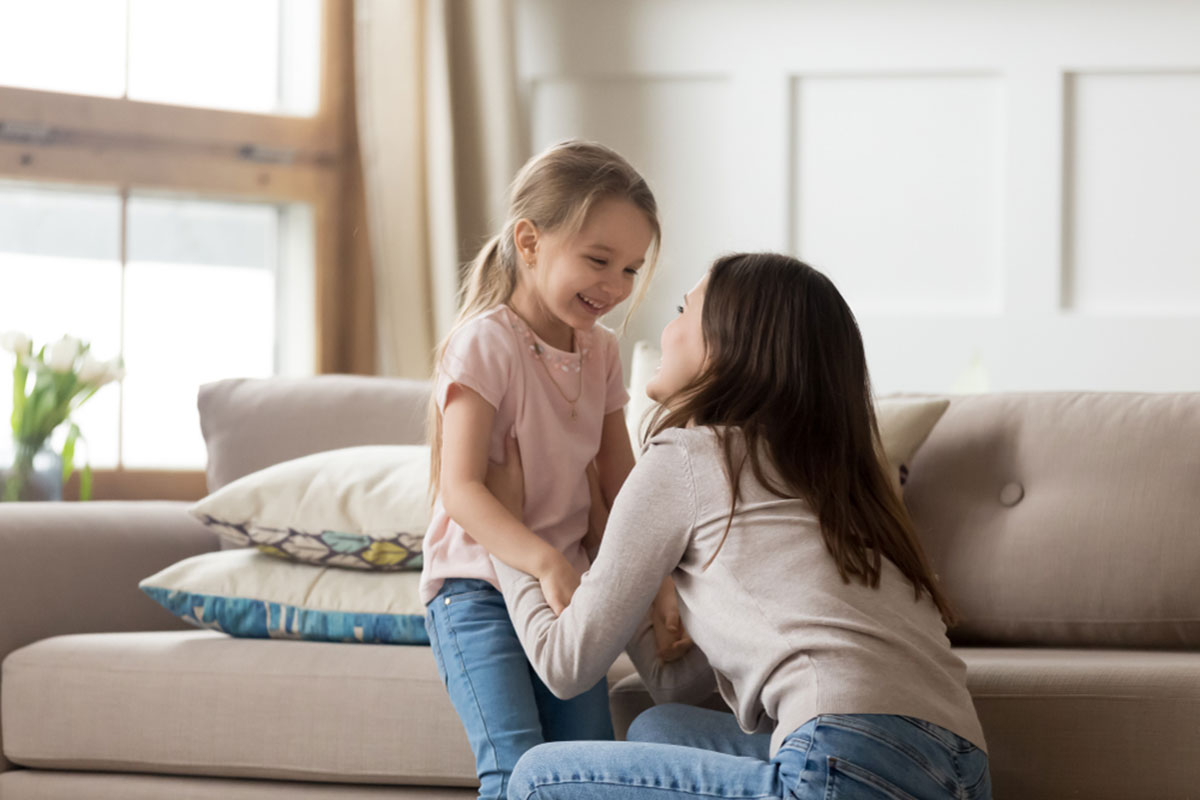This op-ed written by Lindsay Uhrig originally appeared in The Sault News. Read the full article here.
As parents-to-be, we spend countless hours researching the things we need to do to prepare for a new baby. From car seats to cribs, child-proofing our homes to deciding on a birthing plan, there are seemingly infinite decisions we must make to ensure that we protect our children as they enter the world.
As an expectant mother, I grappled with whether or not I should vaccinate my daughter. I was exposed to vaccine misinformation well before my daughter was born in 2006. I had heard all of the misconceptions and concerns from worried mothers on the internet who warned me of the dangers of vaccinations. That, coupled with the fact that my sister was already choosing not to vaccinate her children, made me hesitant to vaccinate my daughter when she was born.
Despite having reservations, I chose to have my daughter receive the first two rounds of vaccinations at birth and then at two months. During that time, I was discovering who I was a mother — and a big part of that was my involvement in the natural parenting community. I surrounded myself with like-minded new moms and satiated my curiosity with a steady diet of books, blogs and online “research.” By the time her four-month appointment came along, I was too scared to vaccinate and stopped doing so completely. I had convinced myself that I was making an informed choice not to vaccinate — and was doing so in my daughter’s best interest.
Vaccines are often described as being a victim of their own success. Despite the catastrophic consequences that vaccine-preventable diseases can have on a child, family or community, I wasn’t afraid of them because I hadn’t seen them firsthand. Instead, my fear was misplaced, and I was afraid of the vaccinations themselves.
I first started to doubt my anti-vaccination beliefs in 2016. As a history buff, I was addicted to a historically accurate TV drama that portrayed social and medical situations of the 1950s and 60s. They showed the horrifying effects of diphtheria and polio before they were eradicated thanks to vaccines. When first seeing these episodes, I blew it off as propaganda. But the more I watched, the more I realized that the writers had gone to great lengths to make this show incredibly historically accurate. Why would these situations be any less accurate?
A few months later, I went on a cemetery tour. Several headstones in this small graveyard were from families that had lost multiple children to a diphtheria outbreak — all within a few weeks of each other. It was sobering. I distinctly remember thinking to myself, “If diphtheria or polio came back, I would get her vaccinated.” That thought sent me reeling. It rocked the foundation of my anti-vaccination beliefs. I had to admit to myself that these diseases were terrible — and something that I really didn’t want my child or myself to suffer from. Based on the eradication of vaccine-preventable diseases, I also had to admit that vaccines were effective. Both of these beliefs are fundamental to maintaining an anti-vaccination mindset.
I spent the next six months trying to research the topic of vaccine safety. This time, it was imperative to me that my research came from legitimate sources like IVaccinate.org that were backed by real medical science. I also talked with my daughter’s doctor and the other health care providers that saw her on a regular basis.
My daughter is now 13 years old and is fully up to date on all her shots. As a parent, all I want to do is make the best decisions for my daughter to protect her, but I can’t do this by basing decisions on false information. I’m somewhat embarrassed that it took me so long to change my tune on vaccinations, but at the end of the day I’m thankful for the people and resources that helped me see that the best thing I can do to protect my daughter, myself and my community is to vaccinate.
Lindsay Uhrig is a paraprofessional and lives in Sault Ste. Marie with her husband and daughter.

